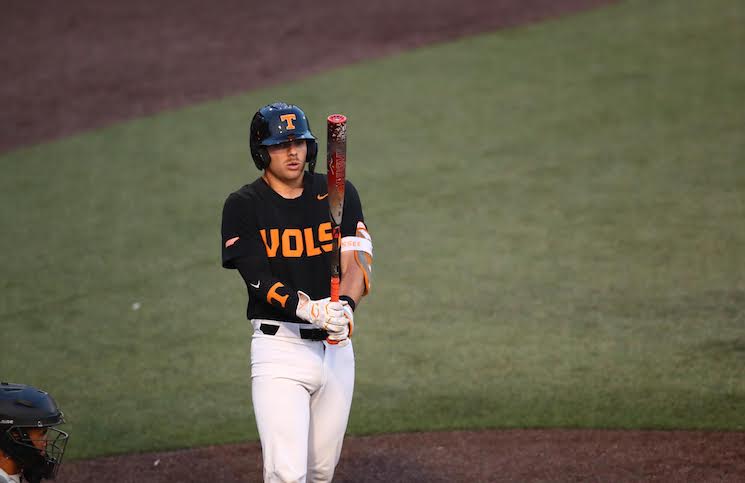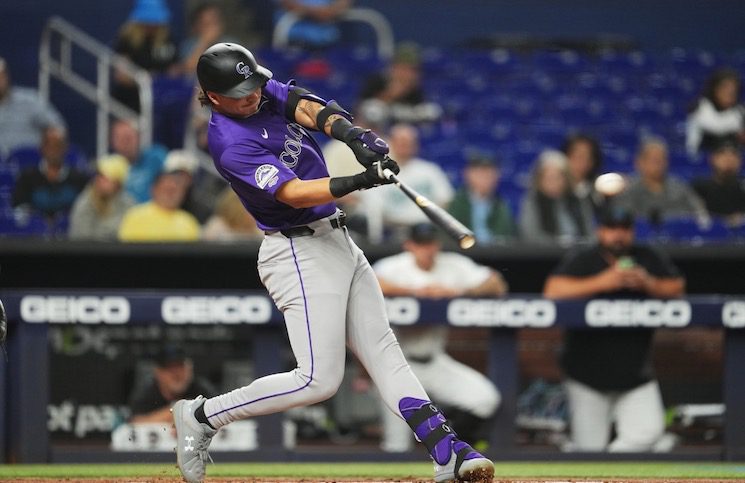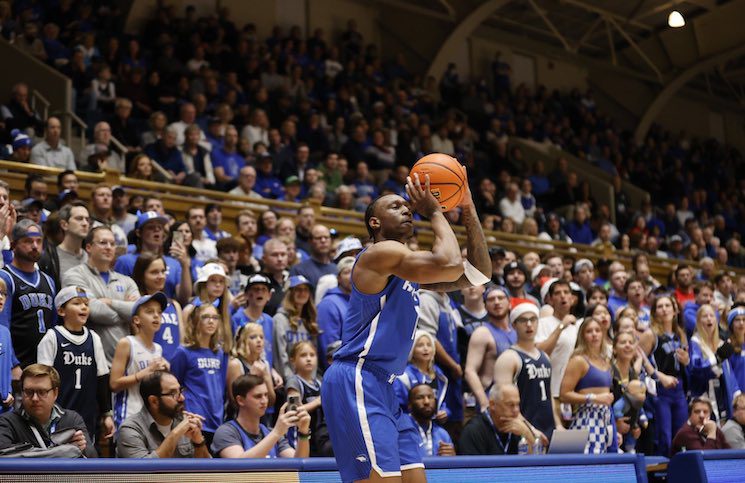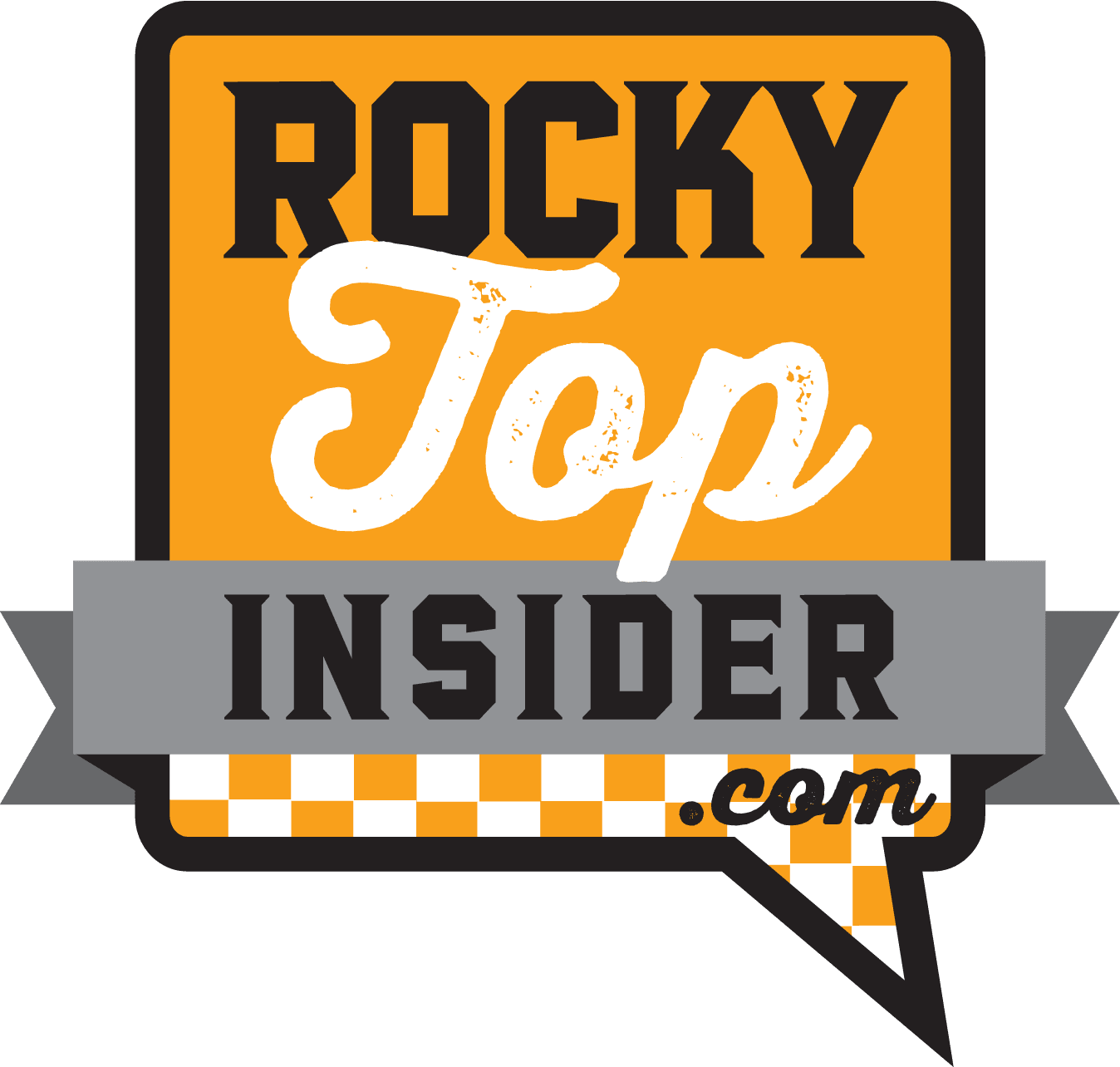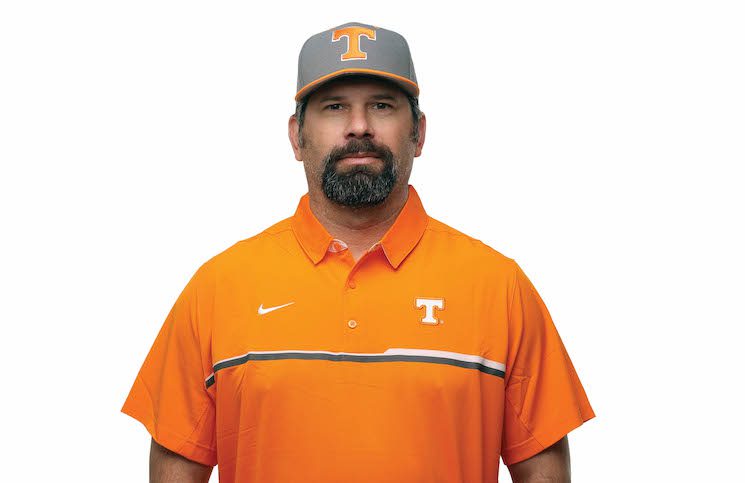
Todd Helton became the first former Tennessee baseball player to make it to the National Baseball Hall of Fame on Tuesday when he received 79% of the votes and became one of three members of the 2024 Hall of Fame class.
Following the news, Helton met with the media over Zoom and discussed the honor, his legendary 17-year career and briefly about his playing days at Tennessee. The Knoxville native spoke specifically about Peyton Manning, playing quarterback at Tennessee and much more. Here’s everything Helton said.
More From RTI: Todd Helton Will Forever Be Enshrined In Cooperstown
Opening Statement
“First of all, I’d like to thank the baseball writers for electing me. I know that’s a huge honor and it’s very humbling that I got in. I need to thank my mom and dad, and my family who supported me the whole time. (Rockies CEO) Dick Monfort was great to me. All the Rockies fans. I was very lucky to get drafted by Colorado. Not only is it a good place to hit, but it also has great fans. Just good people running the organization. It was 17 good years. I’m not going to lie, I miss it. I didn’t think I would, but I miss the competition of going out and playing every day.”
On if receiving the call that he got into the Hall of Fame felt like he expected it to:
“Yeah, it’s crazy. I think I would use that word to validate it. I was talking to my wife, and that’s kind of one thing I said that kind of everything I’ve done – it really did happen. It was good enough to make it to the Hall of Fame. My dad was very hard on me. But when I would go 1-for-3 and you know, that’s a bad day when you’re young, he’d say, ‘1-for-3 gets you in the Hall of Fame.’ He was tough on me, but he did say things like that, too – that helped me. I knew about the Hall of Fame when I was eight-years-old, just from my dad playing baseball. It’s not the reason I played by any stretch of the imagination, but I’m very happy that I made it. Let’s say that.”
On what he hopes getting into the Hall does for future generations of Rockies when it comes to Hall of Fame balloting
“I think Larry Walker moved that needle more than me. He paved the way for me and I’ve got to thank him too. He made it alright for the voters to vote for a Colorado position player. It’s kind of weird in Colorado. Your pitchers get hurt. They say they can’t throw it in thin air. Hitters get dinked because they play at Colorado. You don’t get to pick where you play, and you always want to hit better at your home park. I’m not embarrassed or anything about my home and road numbers. Going on the road after hitting in Colorado is hard. The ball breaks more. It’s a huge adjustment going through the season, going through that rigorous grind of being able to make those changes mid-season. So it is a good place to hit, but there were some drawbacks, some toughness about going and playing there.”
On if he ever thinks back to when the Rockies almost traded him to the Red Sox prior to the 2007 season, and how much he values having spent his entire career with one team
“It’s crazy because we obviously ended up playing the Red Sox in the World Series and they throttled us. But I think making it with the team that I struggled with and watched build, help build and put my heart and soul into for all those years. I mean, losing in the World Series meant more than winning it somewhere else.”
On how big of a challenge it was to start his career by replacing Andreś Galarraga
“He’s a great player and obviously there’s pressure going in and replacing somebody like that. Not only a good player, but a fan favorite. He’s a great guy. He helped me a lot defensively. He talked to me – he didn’t have to do all that stuff, but in spring training, he was great to me. The thing about Andreś, when he hit the ball, it made a different sound. So, when I first got to watch him hit, I was like, ‘oh God, I don’t know if I can do this.’
“The first part of the year, I guess the first half of ‘98, I was waiting for the call every day to get sent down. That’s how bad I was struggling. I decided two things. I was not going to focus on my hitting. I was going to focus on my defense – just to change it up. And I tried to get outside of myself and help somebody else instead of worrying about myself all the time. It picked me up. It was a good way to not focus on hitting, because I didn’t let myself eat if I didn’t get a hit in my first couple of years. I was very hard on myself. It took me years to realize that I got to take care of myself. It’s a long season.
“But Andres was great. There was a lot of pressure there. I think at the All-Star break, I had eight home runs and ended up with 25. I got hot. I got to play with Greg Colburn and he played against the lefties the first half of that year. The Rockies did a great job of not putting me in a position where I was overmatched. Every game that Colburn played against the lefty, I went into Don Baylor’s office and sat down and looked at him and said, ‘why am I not playing today?’ And he’d tell me – he was great, love him – he’d say ‘alright, we got a right-hander going tomorrow. You get three hits, I’ll play you against the lefty the next day.’ That’s all I asked for. I ended up getting three hits and I played against the lefty. I ended up getting more hits. Next thing you know, they traded Greg Colburn.”
On the most emotional moment during his career
“The most emotional moment was when I caught the ball and I realized we were going to go to a World Series. Other than that, it’s the home run I hit in that doubleheader to sweep the Dodgers. There’s a lot of good moments. 2007 season obviously was my favorite season. I enjoyed winning. Every game we won was a good game and I was excited. I think that’s huge for a team. We started making a huge difference if we won or lost. I think that helped. It was something we did on our own. It was a big deal to lose, and it was a big deal to win. It kind of changed the perception of what we were trying to do a little bit.”
On why the conversation has gone the way it has around Colorado hitters
“I’m a good example if you, for anybody playing for Colorado or coming up with the Rockies— is that not only can you, are you going win. We’re not winning now, but we’re going to win. But you can make it to the Hall of Fame and they’re not gonna hold it against you. And I think that was big.”
On if there was a moment he thought the Coors Field factor would keep him from making it into the Hall of Fame
“I really didn’t listen to anybody or anything this time around. I didn’t check the internet. I didn’t watch the baseball channel. I just said if it happens, it happens if it doesn’t it doesn’t. But of course, Coors Field— it’s a good place to hit. I’m not gonna lie. I mean, it was fun hitting there. But like I said, it was harder when you went on the road, but you looked out there and there’s a lot of green, not only the wall. And you just felt like you’re gonna get a hit. And I think that’s part of it. I mean, you gotta feel good when you’re up at the plate because you’re failing seven out of 10 times, so you have to take some positives out of it. And that’s what I tried to do.”
On if anything about being a quarterback in football helped him in baseball
“Absolutely. I was fortunate at the University of Tennessee. I had Coach Fulmer, Phil Fulmer and Coach David Cutcliffe. They were baseball fans, so they let me concentrate on baseball in baseball season. Once we went into team, I did all the individual at (football) practice, and then we’d break for team, and the kickers would run in. I’d run in with them and go down to the cage and hit and miss the second half of practice. They never knew I was gone. But all of our tests, all of the stuff that we had to learn from Coach Cutcliffe, there was always a baseball saying in the back. Like for instance, one of them was don’t be a dirt kicker. That stayed with me. Don’t show your emotional, don’t show the other team that you’re mad. I broke many bats and many helmets, but it was under the tunnel where no kid could see. So I think in football, you practice and everything is focused on that one game. That one week. I kind of took that football mentality into baseball. And I just let it out every game. And played every game like it was my last. At least I tried to. I’m not gonna say I did it every time, but I think football mentality helped me a lot in my day-to-day work. Playing baseball and football in college too is— they asked me what the hardest thing to do, and it’s manage your time. Not only are you watching film and playing baseball and hitting the cage, but you also got to at least try to go to school. And it was hard. But I learned what was important. I learned a lot in college. I wasn’t ready as a high schooler to go out and play. So I grew up a lot, made a lot of good friends. It was a great time in my life. And it was one of the best decisions I’ve ever made.”
On what point in 1994 he realized that this freshman quarterback Peyton Manning was going to be a lot better than him
“Oh, I knew that first, first meeting we went into without even seeing him on the field. He knew the offense better than I did. You know, and I’d been there three years. He came in raising his hand, answering questions. I called him a teacher’s pet a few times. But once we got on the field— I got to play with Heath Shuler too. He came in second in the Heisman. So I realized real quick that I wasn’t gonna be an NFL quarterback. I mean, football was paying my way to college, but I definitely focused on baseball, and, you know, I played football, but, yeah, it was all right.”
On how he remained competitive for so long and how he passed the time on Tuesday before the announcement
“Today was rough. I went and got physical therapy, so stretched, working on my back, trying to get my golf game right. That’s what I did today. I took two hours out of my day, so that was big. But after that, it went real slow. Competitive wise, all the way. I don’t know. I mean, I always wanted to win. Which is crazy because I’m not that competitive now as I used to be. I think after playing that many years in the big leagues your level of competition in games that you play kind of drops off a little from your golf game. I was the most superstitious guy in the world. And I hadn’t been superstitious in 10 years until today.”
On if he ever thought he’d hit .400 in the 2000 season where he hit .370
“There was pressure and yeah, I felt it. Did I think it was gonna hit .400? I got to .400 during a game in August, and I didn’t get hit the next day, so I ended up at like a .397 or .398. I thought there was a chance. Buddy Bell was the manager, and he said he wasn’t gonna give me a day off and he wasn’t gonna sit me. I was gonna go out and play. Which I liked. I was a big fan of that. So we played the Braves and faced (Greg) Maddux and I hit the ball hard, but right at everybody. And that was the downfall of .400 right there. I went into a little tailspin right there. And .372 is still a good number.”

